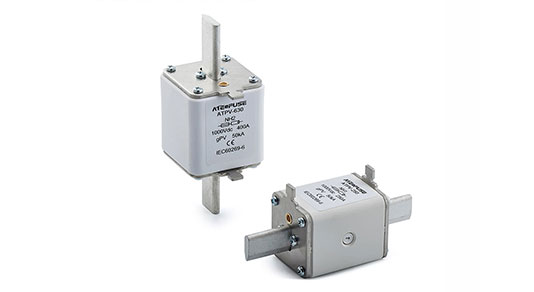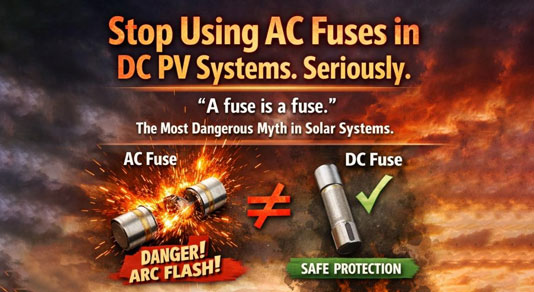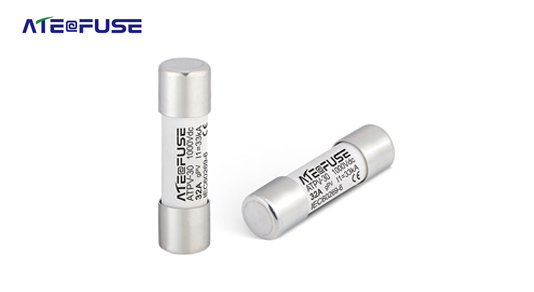How to choose a good DC isolator switch
Choosing the right DC isolator switch is crucial for ensuring safety, reliability, and efficiency in solar power systems or other DC applications. A quality isolator switch can prevent electrical hazards and enhance the overall performance of your system. Below, we will explore key factors to consider when selecting a DC isolator switch, divided into three main modules: Technical Specifications, Safety Features, and Installation Considerations.
1.Technical Specifications
Current Rating: Ensure that the switch can handle the maximum current your system will produce. Look for switches rated above the peak current to avoid overheating or failure.
Voltage Rating: The switch should be rated for the maximum voltage in your system. For solar applications, look for switches that exceed the maximum open-circuit voltage (Voc) of your solar panels.
Poles: Determine the number of poles needed based on your system configuration. A double-pole switch is often required for safety in DC systems.
Breaking Capacity: Select a switch with adequate breaking capacity to interrupt the circuit safely during fault conditions or maintenance.
Environmental Ratings: Check the IP (Ingress Protection) rating to ensure the switch can withstand environmental conditions such as dust and moisture, especially for outdoor installations.
2.Safety Features
Lockable Mechanism: Look for switches that feature a lockable mechanism to prevent accidental operation. This is vital for maintenance safety.
Clear Indication: A good DC isolator switch should have clear markings or indicators showing whether the switch is in the ON or OFF position.
Arc Suppression: Choose switches designed with arc suppression technology to minimize the risk of arcing during operation, which can lead to fires or equipment damage.
Surge Protection: Some switches come with built-in surge protection to safeguard against voltage spikes, enhancing the longevity of both the switch and connected equipment.
Certification: Ensure the switch complies with relevant safety standards and certifications, such as IEC or UL, which indicate it has been tested for safety and performance.
3.Installation Considerations
Mounting Options: Check if the switch offers flexible mounting options suitable for your installation environment, whether wall-mounted or on a panel.
Size and Space: Consider the physical dimensions of the switch and ensure it fits well within your installation space without crowding other components.
Ease of Operation: Select a switch that is easy to operate, allowing users to quickly and safely disconnect power when necessary.
Compatibility: Ensure the isolator switch is compatible with other components in your system, including the inverter and wiring, to maintain system integrity.
Manufacturer Support: Opt for switches from reputable manufacturers that offer good customer support, warranties, and documentation for troubleshooting and installation guidance.
4.Conclusion
Selecting a good DC isolator switch involves careful consideration of various technical and safety factors, along with practical installation aspects. By focusing on the outlined criteria, you can make an informed decision that enhances the safety and performance of your electrical system. Investing time in choosing the right switch will ultimately lead to greater reliability and peace of mind in your operations.





